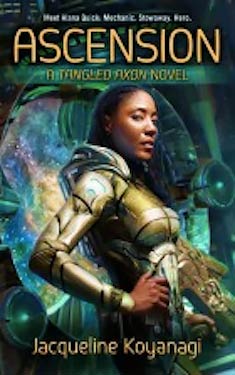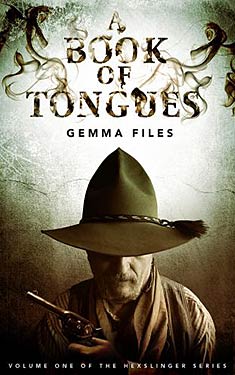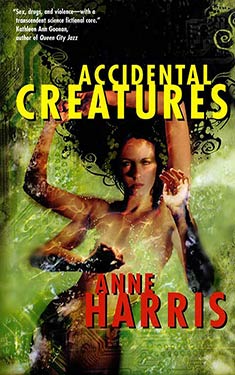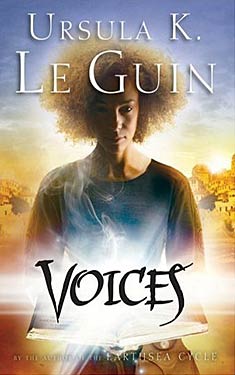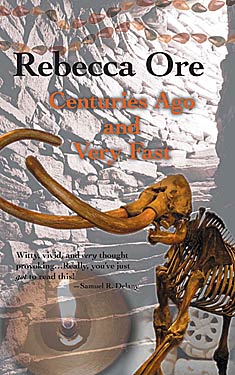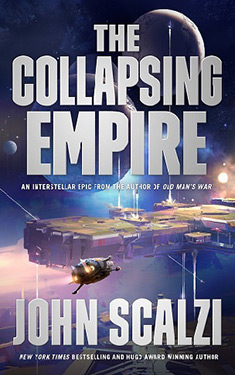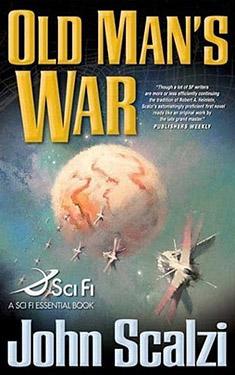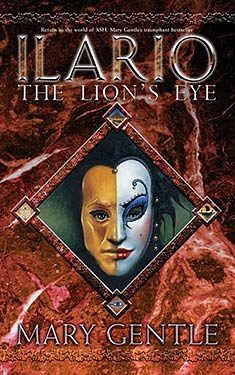Ursula K. Le Guin
Completed 8/25/2018, Reviewed 8/25/2018
5 stars
This is the third book in the Annals of the Western Shores
Trilogy. After finding the first book
good and the second book really good, I couldn’t put the one down. Thank goodness I read it on a Saturday. This book was a tour de force. I know now why it won the Nebula. It is a superbly written account of the young
life of a slave who embarks on a journey towards freedom. There’s not much of a plot and not much
action. But it is truly an engrossing piece
of fiction.
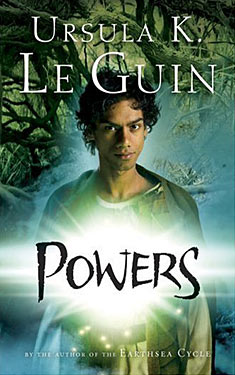 The story begins with eleven-year-old Gavir living with his
sister as slaves to a wealthy family.
His life is relatively easy. His
primary job is to sweep. He goes to school
and is being trained to be the next teacher at the school. Gav is special, he has powers. One power is that he remembers everything he
reads and hears. The other power is that
he can remember the future. His sister
convinces him to hide his power of remembering because the peoples of the nation
in which he is enslaved don’t have such gifts. Some years later, tragedy strikes and Gav runs
away. He doesn’t know where he’s going,
he just knows he wants to be free and to find a home.
The story begins with eleven-year-old Gavir living with his
sister as slaves to a wealthy family.
His life is relatively easy. His
primary job is to sweep. He goes to school
and is being trained to be the next teacher at the school. Gav is special, he has powers. One power is that he remembers everything he
reads and hears. The other power is that
he can remember the future. His sister
convinces him to hide his power of remembering because the peoples of the nation
in which he is enslaved don’t have such gifts. Some years later, tragedy strikes and Gav runs
away. He doesn’t know where he’s going,
he just knows he wants to be free and to find a home.
There isn’t much of a plot, it’s all about the story
telling. Le Guin has a wonderful way
with prose that doesn’t rely on an overabundance of similes. It’s plain and simple story telling with
strong nouns and verbs. The story is about
a journey that has many interesting situations and many colorful characters. There’s some action, but it’s more like a
real life rather than a thriller.
Gavir is the narrator of the story. He’s immediately likeable. His sister Sallo is also a great character. From this series, you really get the sense
that Le Guin understands what it is like to be subjugated or enslaved. As slaves, they do not have families, but
fortunately, they were both sold to the same family. They rely on each other for support in their lives
as slaves. Having been stolen into
slavery as very young children, it’s the only life they know. They are treated well by the house’s Mother
and Father. Their only problem comes from
one of the sons of the family. But the
whole time you are reading this, you realize that hey, they’re slaves, not
free. Don’t they know better? Well they really don’t until something terrible
happens and Gav runs away.
The book is long, and Gav comes upon several groups of
people he stays with for long and short periods, but to go into too much detail
about them would give too much away. But
each step of the journey gives Gav a deeper taste of freedom and a step closer
to finding home. He finds his talent for
instant memorization makes him an excellent story teller, which gets him on the
good side of many of the people he encounters.
I don’t give five stars out that often anymore. Perhaps I’ve become a little more jaded, only
rarely getting an emotional reaction to a book. But this one really moved
me. I was so engrossed that the mild amount
of action towards the end really got to me.
And my eyes got a little misty at the very end. This is definitely the best of the three
books. It reads as a standalone novel,
with the main characters from the other books only appearing at the end. Five out of five stars.
